’All The World’s A Page’ posters by Blotto Design
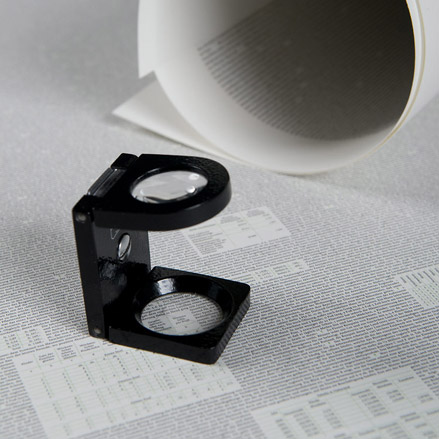
Receive our daily digest of inspiration, escapism and design stories from around the world direct to your inbox.
You are now subscribed
Your newsletter sign-up was successful
Want to add more newsletters?

Daily (Mon-Sun)
Daily Digest
Sign up for global news and reviews, a Wallpaper* take on architecture, design, art & culture, fashion & beauty, travel, tech, watches & jewellery and more.

Monthly, coming soon
The Rundown
A design-minded take on the world of style from Wallpaper* fashion features editor Jack Moss, from global runway shows to insider news and emerging trends.

Monthly, coming soon
The Design File
A closer look at the people and places shaping design, from inspiring interiors to exceptional products, in an expert edit by Wallpaper* global design director Hugo Macdonald.
Digital might be the literary future, with e-books on an inexorable rise, but a new trend for old-fashioned print craftsmanship - albeit a small one - must be giving printing press inventor Johannes Gutenberg some solace in his grave. German design agency Blotto Design's project 'All The World's a Page' is a case in point.
Ian Warner, a partner at the studio, has embarked on printing some of the icons of world literature on single sheets of paper. It started out as a graphic experiment - 'how long can James Joyce's Ulysses actually be?' he asked himself - and ended up a typographer's wet dream. Presently eight books have been made into posters - among them Darwin's The Origin of Species, Shakespeare's Macbeth, and Karl Marx' Das Kapital.
From a distance they appear like homogenous grey walls of text but up-close they are typographical works of art. Examine them carefully and you will spot patterns and structures, with the words and paragraphs having a visual character in keeping with the stories. All the books come printed on high-quality paper and can be ordered from all-the-worlds-a-page.com
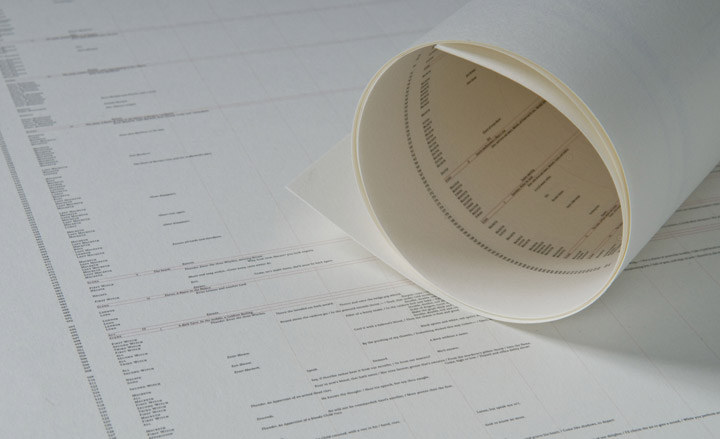
Macbeth by William Shakespeare
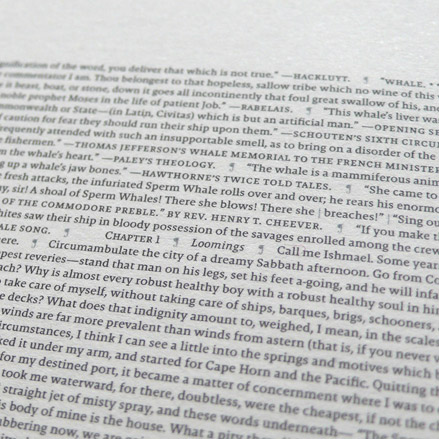
Moby Dick by Herman Melville
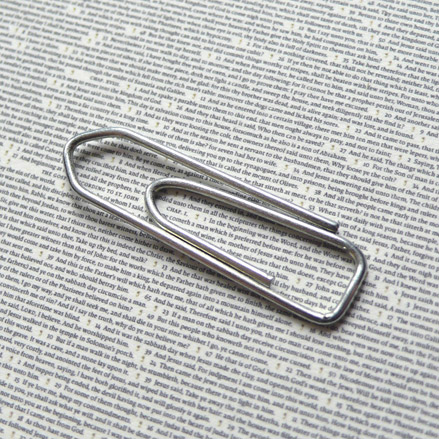
The King James Bible
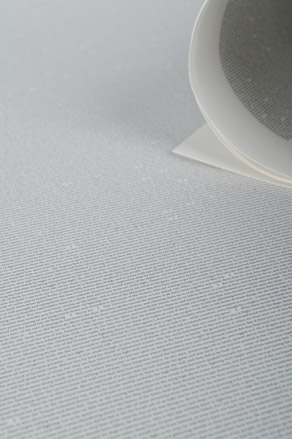
The Iliad by Homer
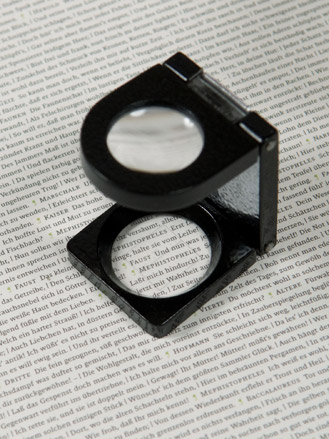
Faust by Johann Wolfgang von Goethe

The Origin of the Species by Charles Darwin.
Receive our daily digest of inspiration, escapism and design stories from around the world direct to your inbox.